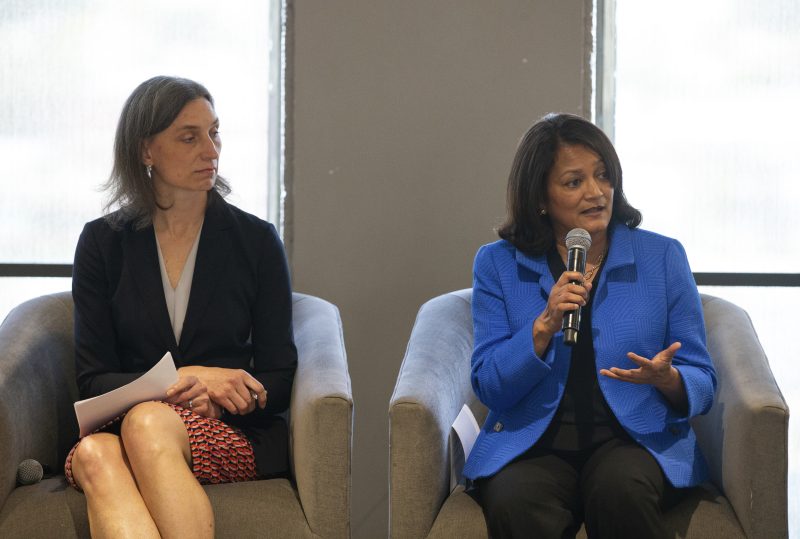Progressive Democrats and the Challenge of Turning Activism into Election Wins
The progressive movement within the Democratic Party has been gaining momentum in recent years, fueled by grassroots activism and a push for bold policy initiatives that address key societal challenges. This surge in progressive energy has translated into increased enthusiasm among activists, leading to high hopes for transforming the political landscape. However, despite the fervor and dedication of progressive organizers and supporters, there remains a significant gap between activism and actual electoral victories.
The disconnect between progressive activism and electoral success can be attributed to several key factors. One major obstacle is the entrenched power structures within the Democratic Party that often resist change and tend to favor more moderate candidates. Progressive candidates are frequently met with skepticism or outright opposition from party insiders, making it difficult for them to secure the necessary support and resources to mount successful campaigns.
Furthermore, the mainstream media often marginalizes progressive voices, focusing more on moderate or centrist candidates and perpetuating a narrative that casts progressive ideas as fringe or unrealistic. This biased media coverage limits the visibility and reach of progressive campaigns, hindering their ability to connect with a wider audience and build a broad base of support.
Additionally, the influence of corporate money in politics poses a significant challenge for progressive candidates, many of whom reject donations from big corporations and special interest groups. Without access to the same level of financial resources as their more mainstream counterparts, progressive candidates face an uphill battle in terms of fundraising and campaign infrastructure, which are essential for mounting competitive election bids.
Another critical factor contributing to the difficulty of translating activism into electoral success is the complexity of voter turnout dynamics. While progressive activists are often highly motivated and engaged, converting this enthusiasm into actual votes on Election Day remains a significant challenge. Mobilizing a diverse electorate, including marginalized communities and young voters, requires a comprehensive and well-coordinated voter outreach strategy, which is often lacking in progressive campaigns.
Despite these challenges, there have been notable successes for progressive candidates in recent years, particularly at the local and state levels. The victories of candidates like Alexandria Ocasio-Cortez and Ayanna Pressley have demonstrated the potential for progressive change within the Democratic Party and have inspired a new generation of activists and organizers.
To bridge the gap between activism and electoral wins, progressive Democrats must continue to build a strong infrastructure that supports and nurtures progressive candidates at all levels of government. This includes investing in grassroots organizing, providing training and resources for campaign staff, and fostering a culture of inclusivity and collaboration within the progressive movement.
Moreover, progressive activists and supporters must prioritize coalition-building and strategic alliances with a diverse array of stakeholders, including labor unions, community organizations, and grassroots movements. By forging strong partnerships and working collaboratively towards shared goals, progressives can amplify their impact and broaden their base of support, ultimately leading to more successful electoral outcomes.
In conclusion, while the road to turning activism into election wins may be challenging, progressive Democrats have shown resilience and determination in pushing for meaningful change within the political system. By addressing the key obstacles and leveraging their collective strength, progressive activists and candidates can overcome the odds and advance a bold, progressive agenda that reflects the values and aspirations of the American people.

